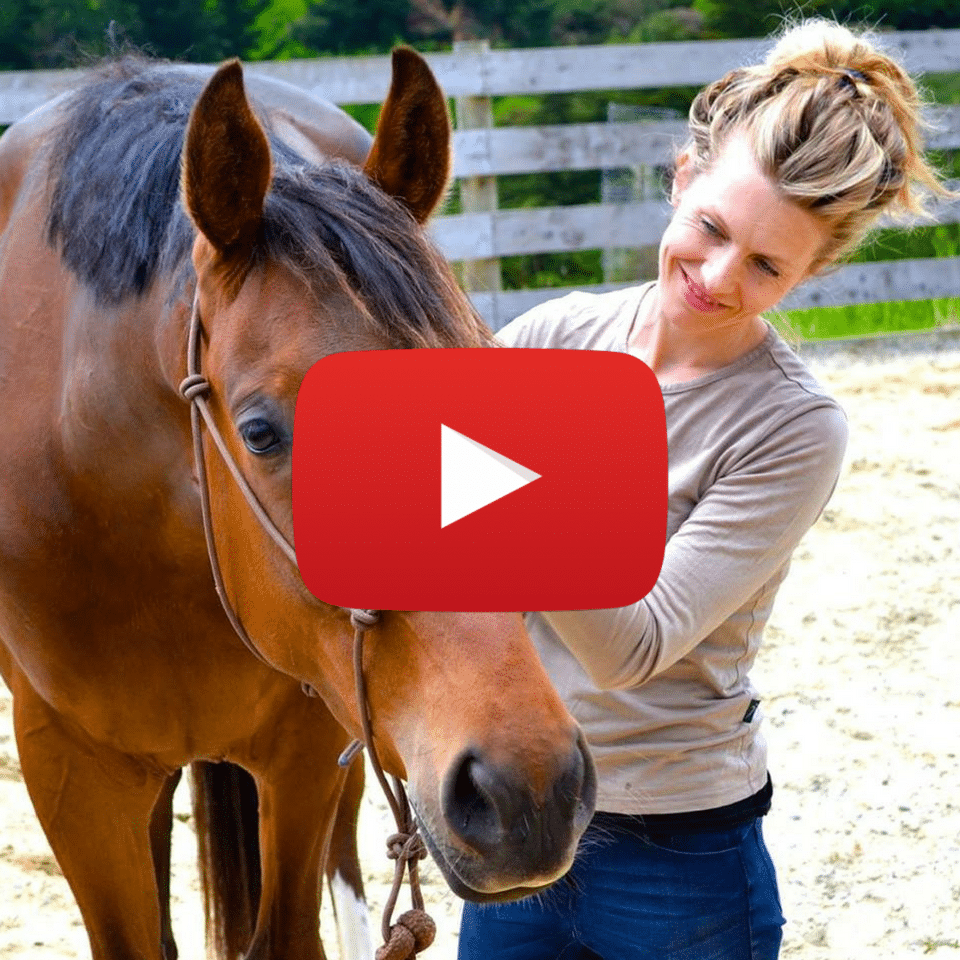{This week, I asked my JoyRide members if they had any questions or thoughts they would like me to share in my daily posts. My musings this week are based on what they presented and the inspiration they provided.}
“How do we welcome stimulus/higher vibration energy/activity while we learn to “be in the now”. So many common teachings have been to seek calmness… but then we don’t get comfy with distractions, activity around us, even the energy of wind!
Along with that, how do we do what it takes to do our “being present with what’s present” without looking like or acting like we just checked out/spaced out (when we are not alone).”
An interesting thing to think about is that as human beings, we thrive on sensory input. The more sensory information we have, the better. We have developed some interesting terminology that inaccurately represents the truth of our reality. “Down-Regulation” is a great example of this. We typically use that term to describe a movement from sympathetic activation to parasympathetic, but we’ve also coupled it together with our perception of calmness and relaxation; a greater sense of stillness if you like.
The irony is that when we are functioning from a mode of parasympathetic dominance, we are anything but still. Our valves are pumping, our structure is moving and occupying its full range of space on the transverse plane; our organs are shifting; blood, fluids, fascia are all sliding and active. It’s a full-on party in there. Conversely, in sympathetic, the activity of our inner world, physiologically speaking, becomes much less. Fascia dehydrates, the bones, organs move and lockdown around the midline of the body. We have less sensory information coming in, much less activity on the whole.
My work and priority, if I can frame it that way, is to develop responsiveness- accurate responsiveness to the reality of my present moment- rather than calm. Calm is one aspect of my experience but to aim solely for “calm” means I am attaching myself to a pre-conceived ideal that has nothing to do with what is happening to me right now. If my aim is to transcend the moment, to transcend my body, then perhaps it’s more useful to you. But if it’s to be in life, to be in your body, then the expectation of consistent calm is one that will do little to serve you.
Much of what we define as a distraction is just life happening around us; the distraction then becomes anything that exists outside of what I’ve decided I want to do in this moment. If I am truly with the moment, distraction doesn’t really exist; it’s just part of what the moment is showing me and then I can choose how I want to respond to that.
Being with the moment is a surrender to full aliveness. If I feel like I am looking spaced out or checked out in my practice of that, it’s most likely because I have attached the idea of being present with not only physical stillness but inactivity. We have lots of cultural models and teachings that support this; where static states of being, such as some forms of meditation, are shown as the models to subscribe to and so we develop singular ideas and representations of what “calm” looks like. To be present is to be engaged; in the moment, conversation, activity. It’s to be responding to the reality of my moment, rather than the stories or ideas of future or past moments, and responding to those.
Then wind, “distractions”, flurry and bustle… they aren’t good or bad; they aren’t detracting or adding to my mission; they are just what exists in this moment and the aim is to develop the robustness to be in sync with that without feeling destabilized or diminished.
Onwards.
❤️ Jane

